Navigating separation is emotionally taxing, especially when children are involved.
That’s why you should choose adept, specialised, and emotionally intelligent child custody lawyers to handle the case in your best interests.
Our expert child custody lawyers are here to guide you through children matters issues, from custody and child support to domestic violence and child protection.


